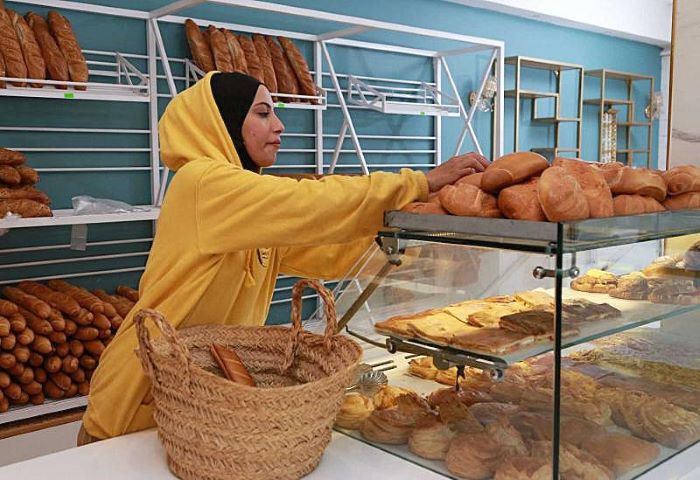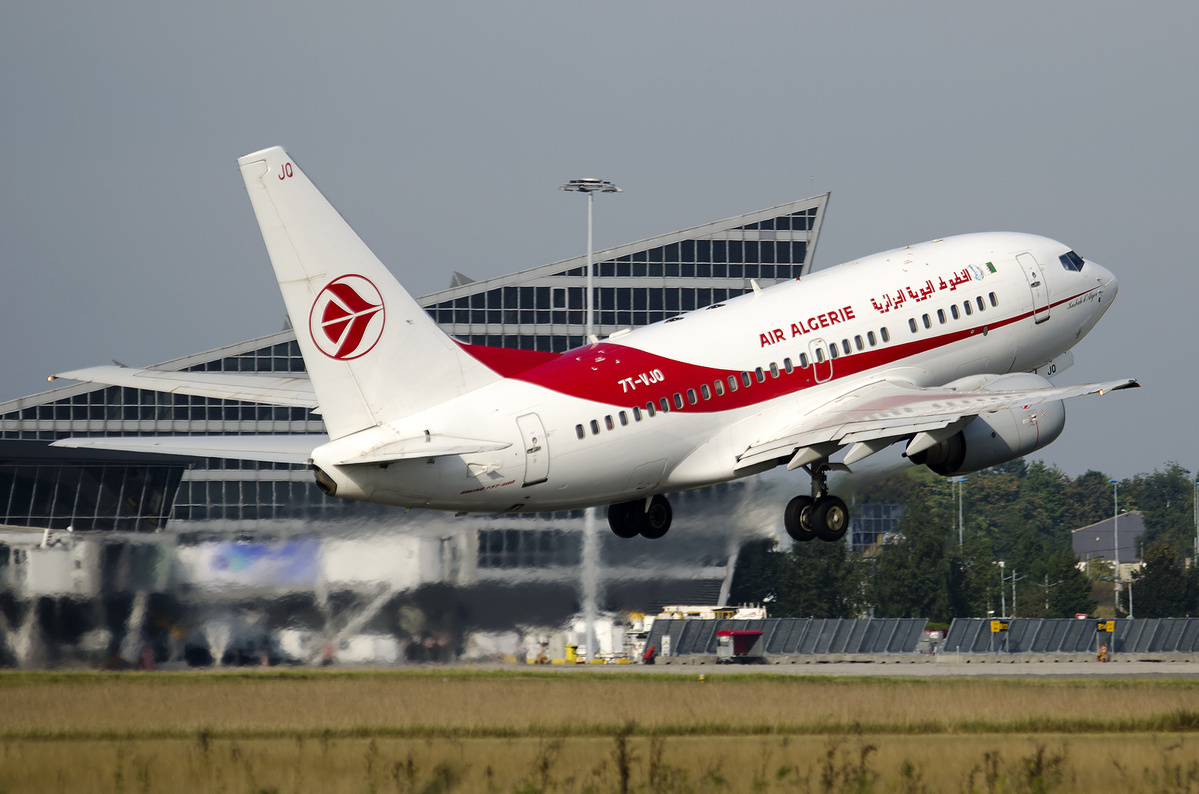German companies in Tunisia say they remain confident in the country’s economic promise even as red tape and policy hurdles grow heavier. A survey by the Tunisian-German Chamber of Industry and Commerce (AHK Tunisia) shows that 73 percent of these firms plan to maintain or increase investments in 2025-26. About 84 percent expect their business activity to grow.
These findings reflect optimism, though not without reservations. Nearly seven in ten German companies believe Tunisia’s economy will either stabilize or improve in 2026. That is down from about 80 percent a couple of years earlier. The advantages cited are substantial. Firms point to Tunisia’s proximity to Europe which eases trade, availability of skilled labour especially in tech and industrial sectors, and a favourable quality-to-price ratio in production inputs.
Yet many firms report serious frustration with the administrative environment. About 75 percent of those surveyed say they face difficulties tied to customs, administration or dealings with the Central Bank. That compares with 45 percent facing such issues in 2024. The foreign exchange code features prominently among the problem areas.Customs procedures are regularly cited as the most burdensome by nearly half of exporters and close to half of all firms with operations in Tunisia.
German companies do want more action. They argue that many of their operational delays and extra costs stem from delays in approvals, inconsistent enforcement of regulations, unclear currency rules and excessive bureaucracy. They have called on the government to streamline procedures, clarify rules particularly around forex and customs, and make administration more predictable.
The scope of German firm presence is large. AHK estimates about 300 German-affiliated companies employ some 90,000 people in Tunisia. Around 180 of those are in industry and account for roughly 60,000 of those jobs. Foreign direct investment remains strong in key non-energy sectors as well, especially manufacturing. A recent example is Germany’s Marquardt group launching its third plant in Tunisia, focused on automotive components. That project will generate over 1,000 jobs.
Some macroeconomic headwinds worry investors. Many expect continuing inflation and further depreciation of the Tunisian dinar. That adds to the cost of imports and squeezes firms whose inputs rely on foreign currency.
In spite of these obstacles German firms signal they believe the upside still outweighs the hassles. They see Tunisia’s location, workforce and cost competitiveness as strategic assets. But confidence, the survey shows, depends on improved rule-making and better treatment by customs and financial authorities. If bureaucratic reforms don’t follow, the momentum could stall.
Tunisia faces a test of balancing investor goodwill with regulatory clarity. How the government responds will help determine whether foreign firms view current optimism as a foundation for long-term growth or a fragile calm before new frustration.
Photo – A staff member arranges goods at a bakery in the capital Tunis (AFP)




